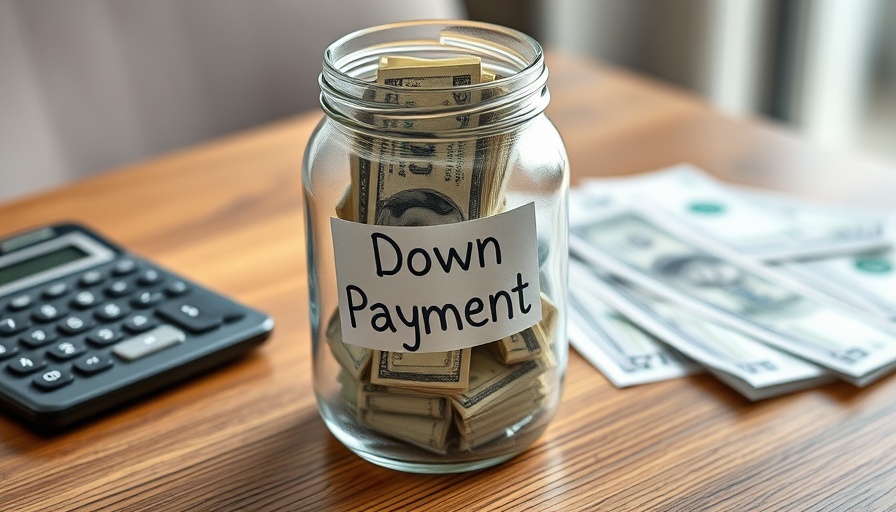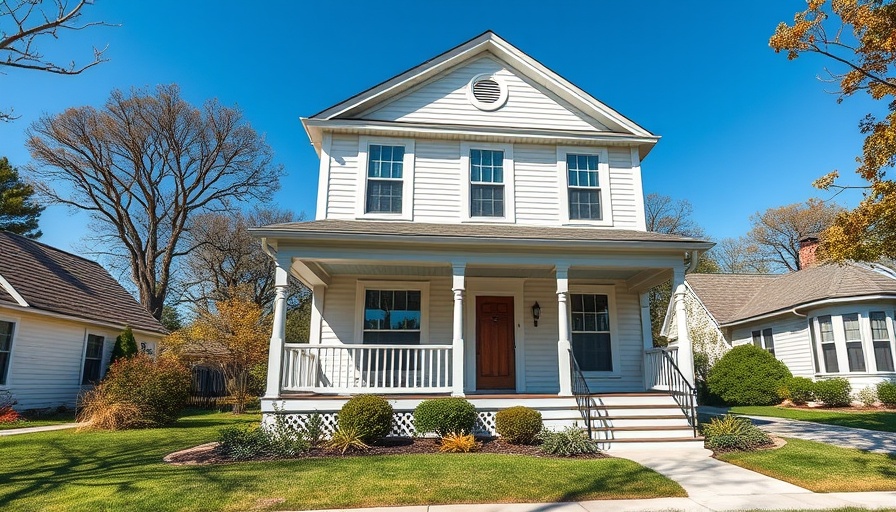
The Allure of Perfect Weather: Why It Matters for Homebuyers
When considering a new place to live, weather isn’t just a small detail—it can be a deciding factor in quality of life. Homebuyers often seek out cities with the least harsh winters and abundant sunshine, and recent studies show that many opt for areas with mild Mediterranean climates akin to those found in coastal California. The good news? We've explored which U.S. cities top the charts for weather, particularly appealing for families, home improvement enthusiasts, and small business owners.
California's Coast Takes the Crown
This year, the cities with the best weather according to research are all located in California. From Oxnard to Santa Barbara, the geographic placement of these cities offers consistent sunny days and a lack of extreme weather conditions like icy winters or sweltering summers. This data is important for home improvement companies and small business owners who plan to target audiences seeking outdoor enjoyment year-round.
Balancing Climate and Home Value
With environments that boast sunshine and mild temperatures, properties in these cities often carry higher values. This elevates interest from potential buyers and creates unique opportunities for businesses in home renovation. Operating in a favorable climate increases the chance that homeowners will invest in outdoor living spaces or sustainable home improvement solutions.
The Long-Term Effects of Climate Selection
Oxnard, for example, records average summer highs of 71.6°F, making it an exhilarating place for all outdoor activities. But remember, even the most perfect cities can experience irregular weather patterns as climate change progresses. Thus, it’s vital for potential movers to assess how each city's planning officials are managing climate-related risks.
Seize the Opportunity!
If you're in the home improvement industry, understanding these weather trends can shape your marketing strategies. By capitalizing on these insights, you can tailor services that meet the unique demands of homeowners in these sought-after areas. Explore opportunities to promote energy-efficient upgrades and outdoor enhancement services that resonate with the climate preferences of your audience. Take-action now and align your business with successful weather-tailored services!
 Add Row
Add Row  Add
Add 




Write A Comment